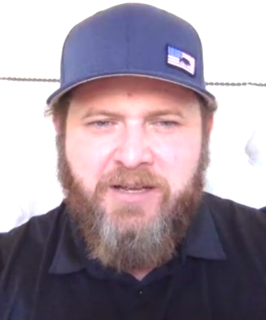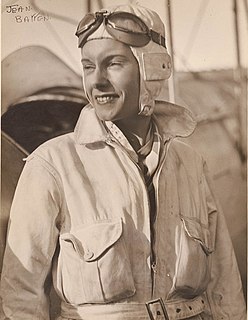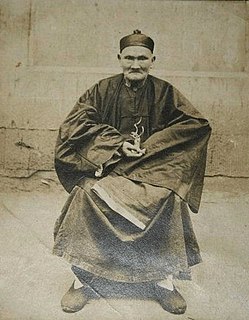A Quote by J. R. R. Tolkien
He found himself wondering at times, especially in the autumn, about the wild lands, and strange visions of mountains that he had never seen came into his dreams.
Related Quotes
Hoyt was by himself right under one of the portable lights rigged up for the occasion. He had his hands thrust in his pockets, and he looked more serious than I’d ever seen him. There was something strange about the sight, and after a second I figured out why. It was one of the few times I’d ever seen Hoyt alone.
It was one of those strange moments that came to him rarely, but never left. A moment that stamped itself on heart and brain, instantly recallable in every detail, for all of his life. There was no telling what made these moments different from any other, though he knew them when they came. He had seen sights more gruesome and more beautiful by far, and been left with no more than a fleeting muddle of their memory. But these-- the still moments, as he called them to himself-- they came with no warning, to print a random image of the most common things inside his brain, indelible.
The cat will keep his side of the bargain. He will kill mice, and he will be kind to babies when he is in the house, just so long as they do not pull his tail too hard. But when he has done that, and between times, and when the moon gets up and night comes, he is the Cat that walks by himself, and all places are alike to him. Then he goes out to the Wet Wild Woods or up on the Wet Wild trees or on the Wet Wild roofs, waving his wild tail and walking by his wild lone.
The famous Zen parable about the master for whom, before his studies, mountains were only mountains, but during his studies mountains were no longer mountains, and afterward mountains were again mountains could be interpreted as an alleory about [the perpetual paradox that when one is closest to a destination one is also the farthest).
Every flyer who ventures across oceans to distant lands is a potential explorer; in his or her breast burns the same fire that urged the adventurers of old to set forth in their sailing-ships for foreign lands. Riding through the air on silver wings instead of sailing the seas with white wings, he must steer his own course, for the air is uncharted, and he must therefore explore for himself the strange eddies and currents of the ever-changing sky in its many moods.
I took a dozen of our top managers to Argentina, to the windswept mountains of the real Patagonia, for a walkabout. In the course of roaming around those wild lands, we asked ourselves why we were in business and what kind of business we wanted Patagonia to be. A billion-dollar company? Okay, but not if it meant we had to make products we couldn't be proud of. And we discussed what we could do to help stem the environmental harm we caused as a company. We talked about the values we had in common, and the shared culture that had brought everyone to Patagonia, Inc., and not another company.
Hear and attend and listen; for this is what befell and be-happened and became and was, O my Best Beloved, when the Tame animals were wild. The dog was wild, and the Horse was wild, and the Cow was wild, and the Sheep was wild, and the Pig was wild -as wild as wild could be - and they walked in the Wet Wild Woods by their wild lones. But the wildest of all the wild animals was the Cat. He walked by himself and all places were alike to him
He realized now that a lot of the problem had been his own mind, which was usually moving at a speed ten or twenty times that of his classmates. They had thought him strange, weird, or even suicidal, depending on the escapade in question, but maybe it had been a simple case of mental overdrive-if anything about being in constant mental overdrive was simple. Anyway, it was the sort of thing you got under control after a while-you got it under control or you found outlets for it.
Before I had studied Zen for thirty years,
I saw mountains as mountains,
and waters as waters.
When I arrived at a more intimate knowledge, I came to the point where I saw that mountains are not mountains,
and waters are not waters.
But now that I have got its very substance
I am at rest.
For it's just that
I see mountains once again as mountains,
and waters once again as waters.
He found himself remembering how on one summer morning they two had started from New York in search of happiness. They had never expected to find it, perhaps, yet in itself that quest had been happier than anything he expected forevermore. Life, it seemed, must be a setting up of props around one - otherwise it was disaster. There was no rest, no quiet. He had been futile in longing to drift and dream, no one drifted except to maelstroms, no one dreamed, without his dreams becoming fantastic nightmares of indecision and regret.





































